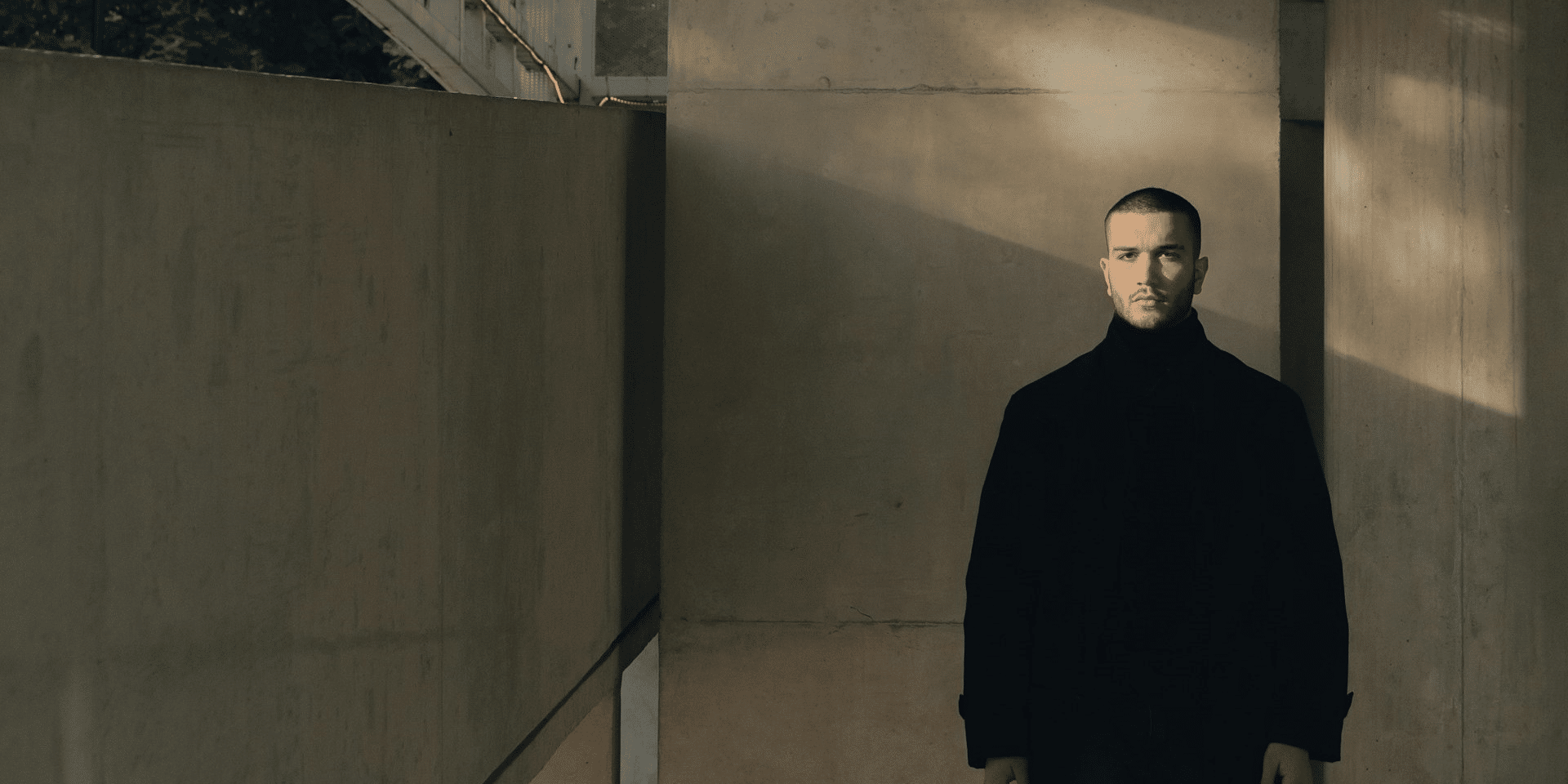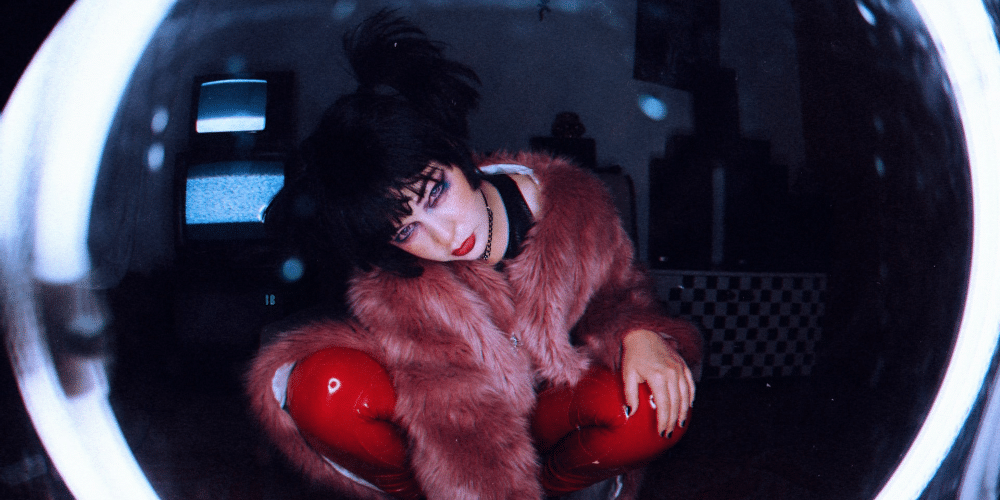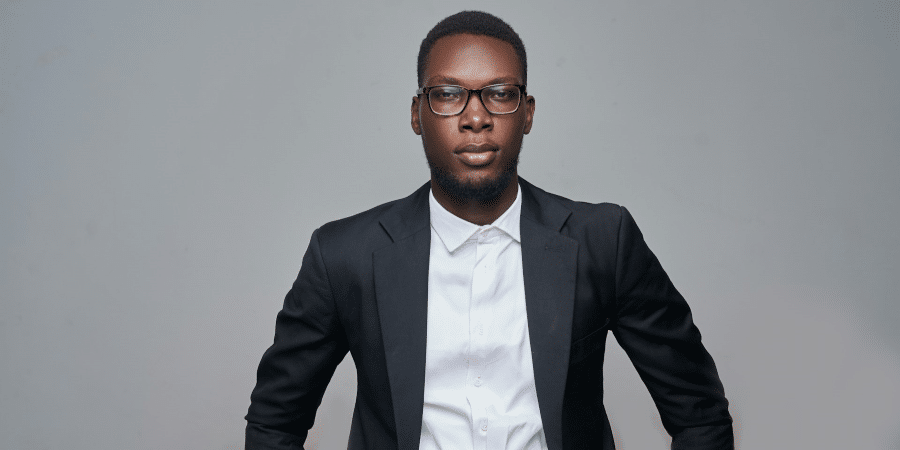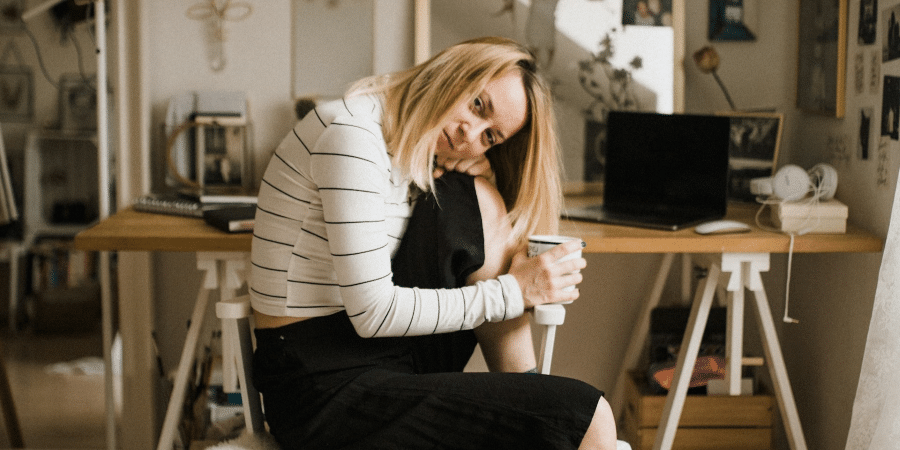ANTIMICROBIAL FASHION- With the end of the global pandemic in our lives, fashion and sportswear brands have quickly adapted their lines with face masks adorned with elegant logos and patterns.
While cloth masks made of traditional materials can help slow the spread of Covid-19, some labels go a step further; according to the World Health Organization, some brands are taking it a step further.
They bring new accessories to the market. In some cases, entire clothing lines, as they have antimicrobial properties, applications that inhibit the growth of microorganisms such as bacteria and fungi or reduce viral activity. But what is antimicrobial fashion doing, and can it offer additional protection in the event of a pandemic?
Without proper scientific testing by brands across the board, it’s difficult to assess whether antimicrobial treatments can protect carriers of the novel coronavirus, said Amy Price, principal investigator at the Stanford Anesthesia Informatics and Media (AIM) Lab who advised WHO on the guidelines of the face mask.
“The challenge is that claims are sometimes made, but they aren’t tested on the actual masks or with the actual virus,” she said on a conference call. “They’re like gimmicks.”
Some companies claim to have tested their products with SARS-CoV-2, such as IFTNA’s PROTX2 AV, which Under Armor claims to use, and HeiQ’s Viroblock, which is used by numerous brands, according to the company’s website, is used by multiple brands to produce reusable masks and coats. And even mattresses. According to IFTNA, recent laboratory tests “show the effectiveness of PROTX2 AV against Covid-19”. At the same time, HeiQ claims that Viroblock, added to the fabric during the last step of the textile manufacturing process, “has been tested effectively against Sars-CoV-2.”
But some others have not disclosed what viruses, if any, their products have been tested for, causing the water to become clouded in the so-called “antimicrobial” fashion.
As companies try to woo anxious consumers, claims about the effectiveness of antimicrobial clothing against the novel coronavirus itself appear to be expanding. HeiQ claims the treatment mentioned above technology kills 99.99% of the virus within 30 minutes, while textile manufacturer IFTNA claims their product neutralizes more than 99% of the virus in just 10 minutes using its “killing power residual”.
The two companies say their products have also been tested with other pathogens, including flu strains and several types of coronaviruses, with 30 washes each lasting. Still, one study cannot independently verify the claims.
But companies differ in how they describe the protection their products offer. Giancarlo Beevis, President of IFTNA, said via email: “This will protect the people from potential transmission points on anything processed with PROTX2 AV.” HeiQ, on the other hand, does not claim that its product can protect people from pathogens – a disclaimer on its website states that the treatment is intended to protect the fabric itself, not the wearer.
“Antivirals reduce the risk of virus transmission through surface contamination and provide additional protection against the virus,” said Rahel Kägi Romero, of the HeiQ marketing team, said via email. “HeiQ doesn’t want to make health claims and give people a false sense of security. Antiviral agents are one factor in keeping people safe, but it must go hand in hand with other measures, such as keeping a social distance, wearing face masks in crowded areas, and regular hand washing. “
While keeping your clothing virus-free may reduce the risk of cross-contamination, much is still unknown about SARS-CoV-2. The main transmission routes are still contested, as is the amount of virus it takes to make someone sick. According to the Centers for Disease Control and Prevention (CDC), while the possibility has not been ruled out, “touching a surface or object containing the virus … is not considered the primary means by which the virus is spread. .” The potential benefits of antimicrobials are less evident for clothes that typically don’t come in contact with the face, such as jeans, Price said. “Unless you just sit there, rub your legs, and then rub your face, what’s the point?” she asked. Furthermore, although a textile treatment has been shown to reduce some viral activity, this does not necessarily make it practical activity types of clothing.
The Price doesn’t diminish the potential value of antimicrobial fabrics, but so far, he said, studies offer an incomplete picture. “Should it be tested?
“FDA testing also contains three steps and post-market surveillance … If a person feels safer wearing microbial fabric and that security is just a marketing illusion, it could cost them their life or their health. “









